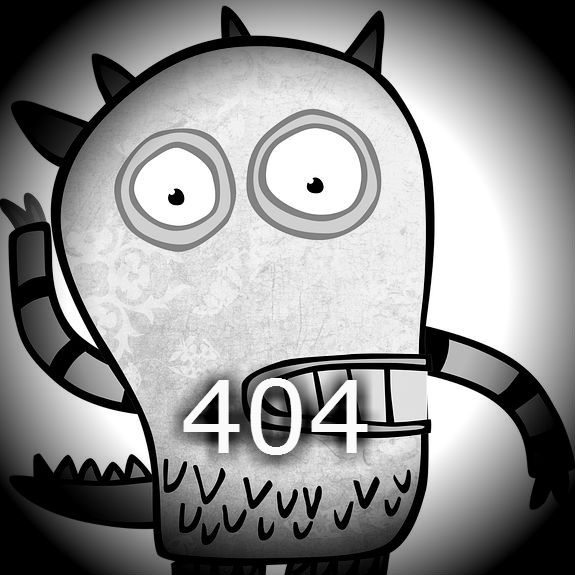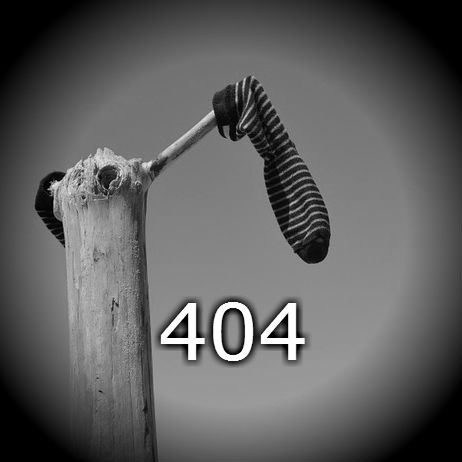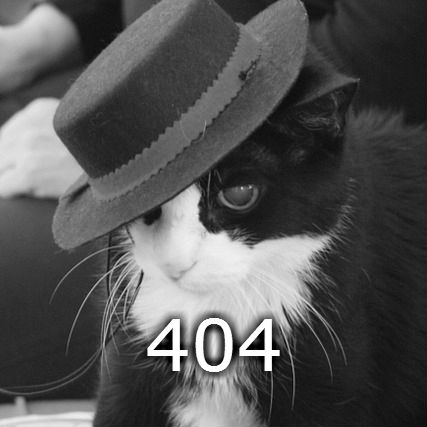Transcending Traditional Systems and Labels: An API-First Archives Approach at NPR
National Public Radio’s Research, Archives, and Data Strategy (RAD) team (f/k/a the Library) has been working beyond the limits of traditional database structures -- as well as the traditional library label -- to upgrade our current archival workflow tool, reposition our department and foster new interdepartmental connections. As NPR’s structure and content production evolve, the needs of our colleagues across many departments continue to grow. RAD embarked on a collaborative effort with our Digital Media colleagues to refactor NPR’s archival database to address these changes and create a more flexible system for future requirements. The out-of-the-box database in use had been selected several years earlier as a means to archive and catalog NPR’s broadcast content to fulfill FCC and grant reporting requirements, as well as to retrieve archival content. Users requested additional database services such as metadata reporting capabilities from internal production systems, and more metadata tagging for born-digital content, such as podcasts and blogs. We needed to explore new ways to utilize and deploy the metadata describing these stories. We chose an API-First approach in order to focus first on the data, and then to create a user interface aligned with NPR’s other digital platforms. During our work on the refactor, the Library rebranded itself and became the RAD team. We hired our first dedicated developer to collaborate on our evolving archive and workflow needs, and to assist with the implementation of a new taxonomy management and tagging system. Our presentation will focus on the refactor project within the context of the rebranding and share lessons learned thus far about an API-First approach. For reference, our development stack includes: Amazon Web Services, Hypermedia API, ElasticSearch, Node.js and NoSQL.


